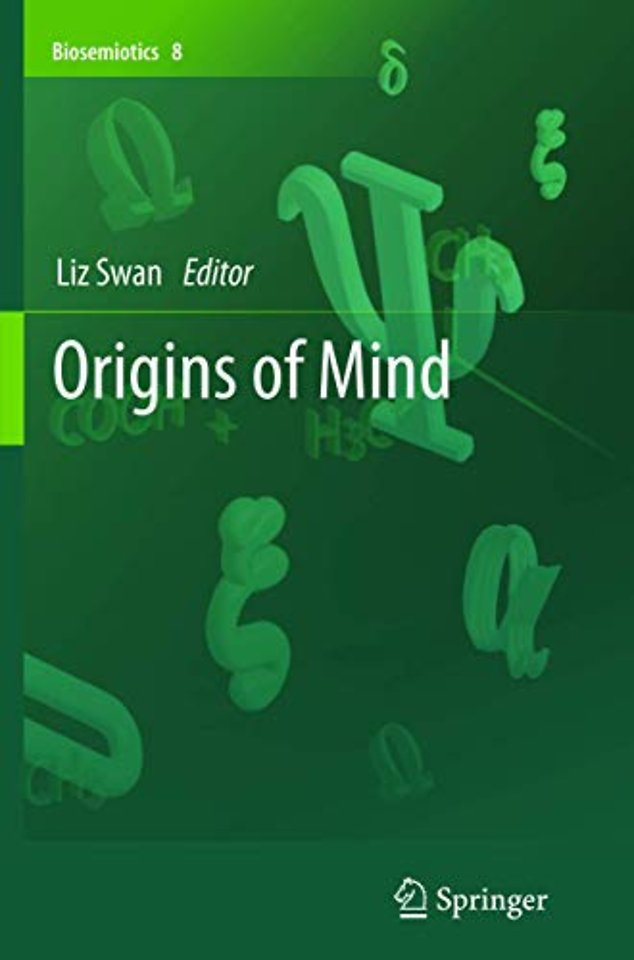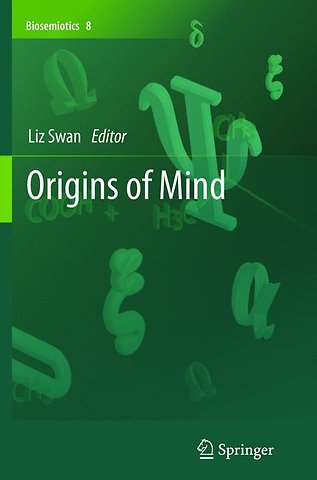Origins of Mind
Paperback Engels 2015 9789400795051Samenvatting
The big question of how and why mindedness evolved necessitates collaborative,
multidisciplinary investigation. Biosemiotics provides a new conceptual space that attracts a
multitude of thinkers in the biological and cognitive sciences and the humanities who
recognize continuity in the biosphere from the simplest to the most complex organisms, and
who are united in the project of trying to account for even language and human consciousness
in this comprehensive picture of life. The young interdiscipline of biosemiotics has so far by
and large focused on codes, signs and sign processes in the microworld—a fact that reflects
the field’s strong representation in microbiology and embryology. What philosophers of mind
and cognitive scientists can contribute to the growing interdiscipline are insights into how the
biosemiotic weltanschauung applies to complex organisms like humans where such signs and
sign processes constitute human society and culture.
Specificaties
Lezersrecensies
Inhoudsopgave
Rubrieken
- advisering
- algemeen management
- coaching en trainen
- communicatie en media
- economie
- financieel management
- inkoop en logistiek
- internet en social media
- it-management / ict
- juridisch
- leiderschap
- marketing
- mens en maatschappij
- non-profit
- ondernemen
- organisatiekunde
- personal finance
- personeelsmanagement
- persoonlijke effectiviteit
- projectmanagement
- psychologie
- reclame en verkoop
- strategisch management
- verandermanagement
- werk en loopbaan

